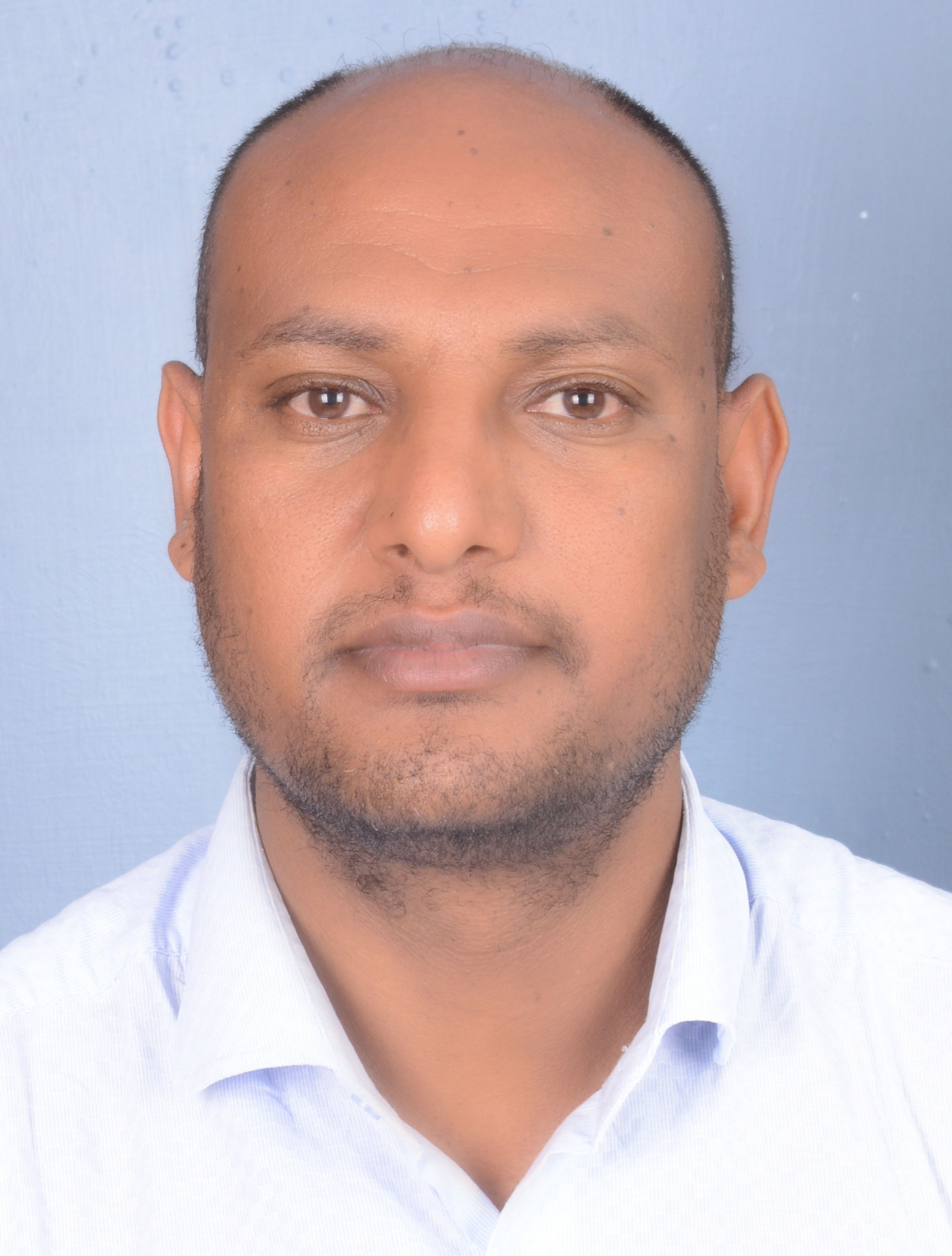 What tends to be researched has largely reflected the concerns of pharmaceutical organisations and individual researchers, rather than patients, carers and the public, or health professionals who have to address issues of uncertainty. This contributes to waste in research.
What tends to be researched has largely reflected the concerns of pharmaceutical organisations and individual researchers, rather than patients, carers and the public, or health professionals who have to address issues of uncertainty. This contributes to waste in research.
Processes for identifying priority questions for research are an increasingly important feature and including patients, carers and the public is a growing movement. Patients and the public can be involved both in steering these priority setting processes, as well as being part of setting future priorities for research.
In this webinar, part of the International PPI Network: Learning Live webinar series, the James Lind Alliance described their method for involving patients and the public. The audience also heard from a Priority Setting Partnership who described their unique challenges and approaches. This was followed by a Q&A with speakers for the last part of the webinar.
The webinar was delivered in September 2023 and below you will find the videos from the webinar, together with accompanying slides to download [PDF].
Part 1: Research priority setting and the James Lind Alliance
Part 2: The Gondar, (Ethiopia) Priority Setting Partnership (PSP) on womens' genital prolapse and incontinence
Part 3: Questions and answers
Presenter bios
 Beccy Maeso is the Executive Lead for the James Lind Alliance (JLA), based at the UK’s National Institute for Health and Care Research at the University of Southampton. The JLA brings patients, care givers and health care professionals together in Priority Setting Partnerships (PSPs) to identify and prioritise the Top 10 unanswered questions for research. Beccy’s role is to oversee the coordination of the JLA which involves providing advice and guidance to groups wanting to initiate a PSP and supporting the team of JLA Advisers who work with the individual PSPs. Together they develop the priority setting method as set out in the JLA Guidebook. Beccy also oversees the JLA website and encourages researchers and funders to turn the important PSP priorities into research that will ultimately benefit patients and the public.
Beccy Maeso is the Executive Lead for the James Lind Alliance (JLA), based at the UK’s National Institute for Health and Care Research at the University of Southampton. The JLA brings patients, care givers and health care professionals together in Priority Setting Partnerships (PSPs) to identify and prioritise the Top 10 unanswered questions for research. Beccy’s role is to oversee the coordination of the JLA which involves providing advice and guidance to groups wanting to initiate a PSP and supporting the team of JLA Advisers who work with the individual PSPs. Together they develop the priority setting method as set out in the JLA Guidebook. Beccy also oversees the JLA website and encourages researchers and funders to turn the important PSP priorities into research that will ultimately benefit patients and the public.
 Dr Zelalem Mengistu is an associate professor of Obstetrics, Gynaecology, and Urogynecology at the University of Gondar, Ethiopia. He has been involved in teaching undergraduate, Obstetrics and Gynecology specialty and urogynaecology subspeciality students. He has been also involved in advising Ph.D. students. His research focus is on pelvic floor disorders (Pelvic Organ Prolapse, urinary and fecal incontinence, and women’s sexual dysfunction). Zelalem has been working as the lead investigator of The Gondar Priority Setting Partnership (PSP) which is working on the Priority Setting Partnership of women’s pelvic floor disorders using the JLA Priority Setting Partnership guide.
Dr Zelalem Mengistu is an associate professor of Obstetrics, Gynaecology, and Urogynecology at the University of Gondar, Ethiopia. He has been involved in teaching undergraduate, Obstetrics and Gynecology specialty and urogynaecology subspeciality students. He has been also involved in advising Ph.D. students. His research focus is on pelvic floor disorders (Pelvic Organ Prolapse, urinary and fecal incontinence, and women’s sexual dysfunction). Zelalem has been working as the lead investigator of The Gondar Priority Setting Partnership (PSP) which is working on the Priority Setting Partnership of women’s pelvic floor disorders using the JLA Priority Setting Partnership guide.
The Gondar Priority Setting Partnership (PSP) is an initiative between the University of Gondar, College of Medicine; the Department of Health Sciences, University of Leicester; and the College of Medicine and Health, University of Exeter. The three universities are developing a research program to study the epidemiology and impact of pelvic organ prolapse (POP) and urinary incontinence (UI) among women living in Northern Ethiopia and to develop and evaluate conservative
and surgical interventions for women which can be effectively delivered in community-based health care.
